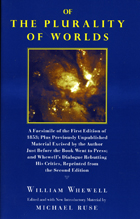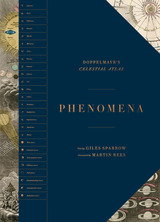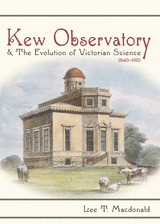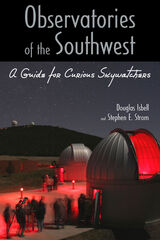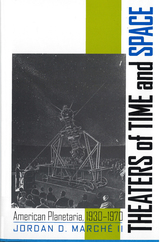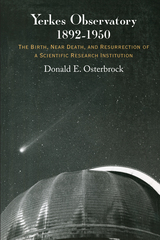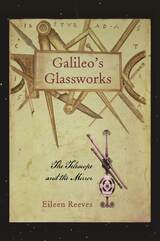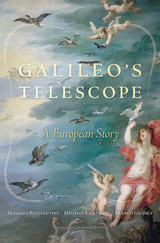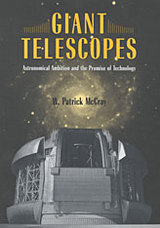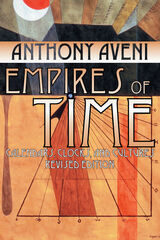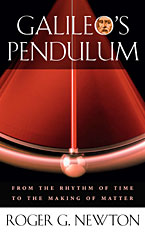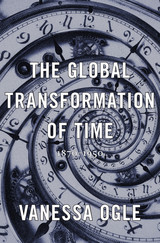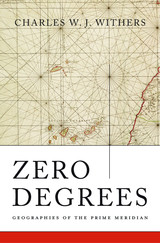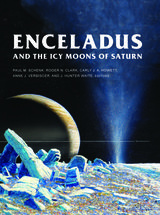History of the Hour: Clocks and Modern Temporal Orders
University of Chicago Press, 1996
Paper: 978-0-226-15511-1 | Cloth: 978-0-226-15510-4
Library of Congress Classification QB107.D6413 1996
Dewey Decimal Classification 529.709
Paper: 978-0-226-15511-1 | Cloth: 978-0-226-15510-4
Library of Congress Classification QB107.D6413 1996
Dewey Decimal Classification 529.709
ABOUT THIS BOOK | TOC | REQUEST ACCESSIBLE FILE
ABOUT THIS BOOK
In this sweeping study of the organization of time, Dohrn-van Rossum offers fresh insight into the history of the mechanical clock and its influence on European society from the late Middle Ages to the industrial revolution. Detailing the clock's effects on social activity, he presents a vivid picture of a society regulated by the precise measurement of identical hours.
"In tracing the evolution of time consciousness with scholarship and skill . . . Dohrn-van Rossum evokes the many ways that the small moments of life have come to be reckoned with the passage of time."—Dava Sobel, Civilization
"Dohrn-van Rossum paints a highly nuanced picture of time's conquest of modern life."—Steven Lagerfeld, Wilson Quarterly
"This book is definitive in showing the clock's pervasive influence over European society."—Virginia Quarterly Review
"[A] delightful, excellently translated history."—Choice
"Dohrn-van Rossum has produced a persuasive and brilliantly documented new understanding of how modern time-consciousness arose."—Owen Gingerich, Nature
"In tracing the evolution of time consciousness with scholarship and skill . . . Dohrn-van Rossum evokes the many ways that the small moments of life have come to be reckoned with the passage of time."—Dava Sobel, Civilization
"Dohrn-van Rossum paints a highly nuanced picture of time's conquest of modern life."—Steven Lagerfeld, Wilson Quarterly
"This book is definitive in showing the clock's pervasive influence over European society."—Virginia Quarterly Review
"[A] delightful, excellently translated history."—Choice
"Dohrn-van Rossum has produced a persuasive and brilliantly documented new understanding of how modern time-consciousness arose."—Owen Gingerich, Nature
See other books on: Clocks | Clocks and watches | Dunlap, Thomas | Hour | Time measurements
See other titles from University of Chicago Press


